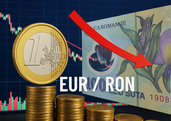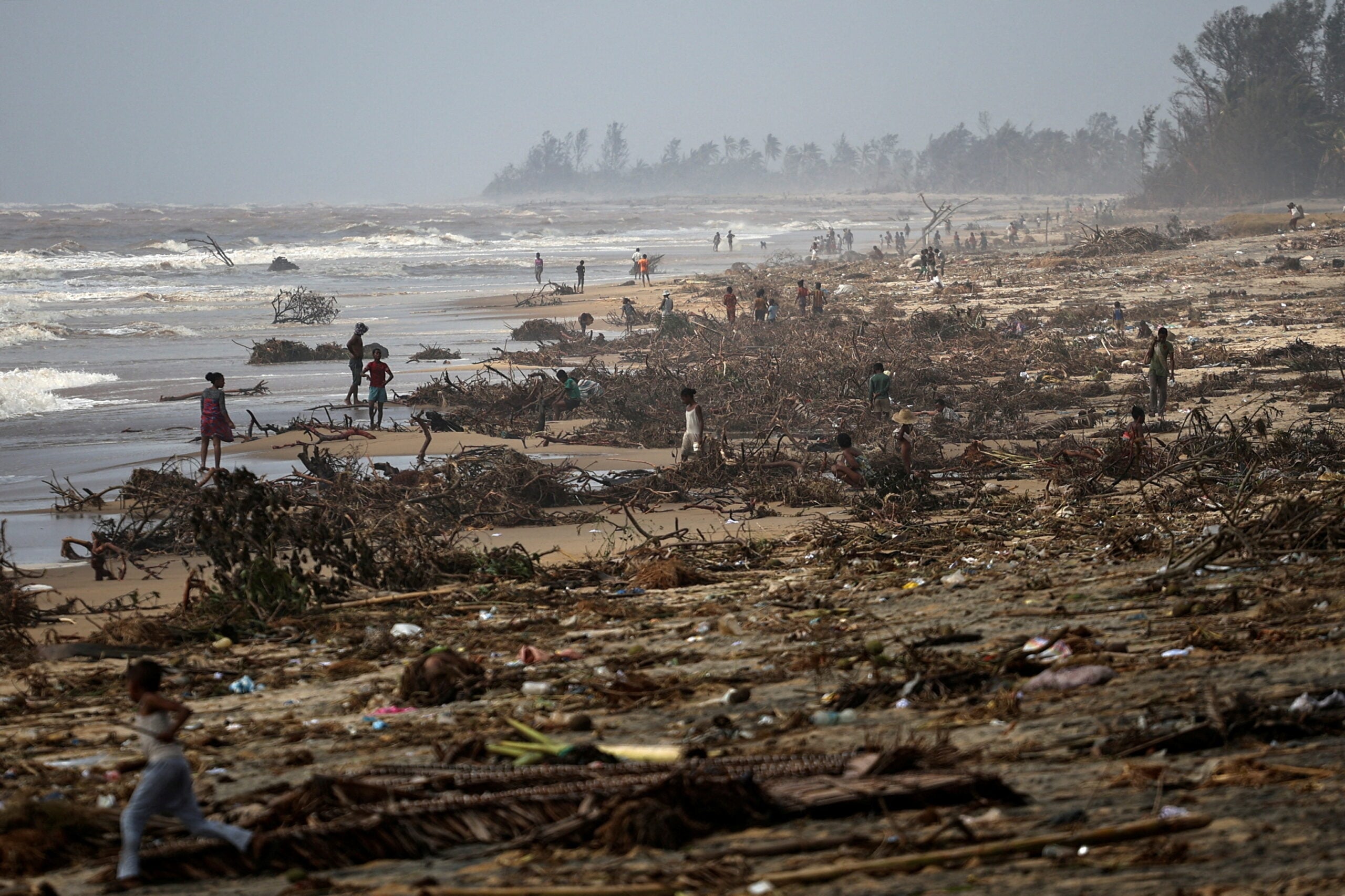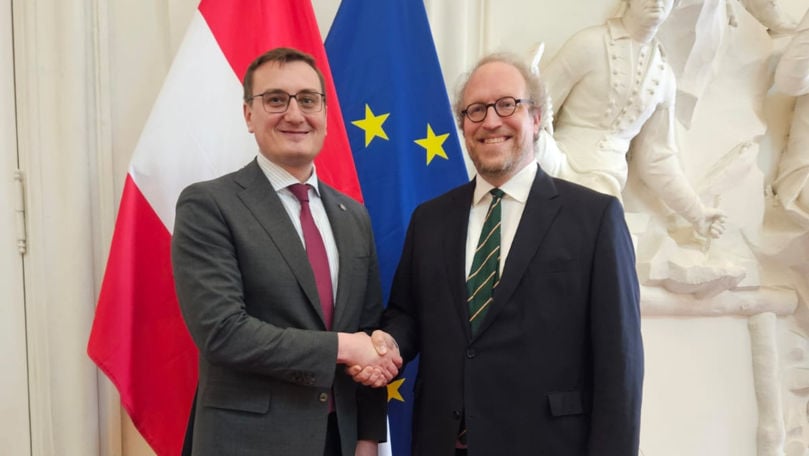Romania's social-economic development is slower that the economic growth, First Deputy Governor of the National Bank of Romania (BNR) Florin Georgescu told Tuesday the international conference titled "Measuring Development in Turbulent Times".
"So not every growth leads to development if it is not well handled both by the market and the state's selective intervention, the overall favourable macro-economic evolutions being only partially felt in the increase of the population's living standard and the improvement of the economy's competitiveness. This is because the capital volume in the economy is not adequate and the companies' sector shows worrying structural vulnerabilities, therefore the real economy, enterprises, namely the speed and consistency of the real convergence process overwhelmingly depend on the results of the real economy," Florin Georgescu said.
"We notice that Romania's economic gap as compared to the European Union's countries has shrunk, however, the ratio between the gross national income (GNI) and the gross domestic product (GDP) has deteriorated. Thus, in the last 17 years, in Romania, convergence in terms of the gross domestic product per capita to purchasing power parity has accumulated 33 points, from 26 pct of the EU average in 2000 to 59 pct of the EU average in 2016. But the ratio between the GNI, which represents the gross value added gained by Romanians in the country and abroad, so the ratio between this gross national income and the GDP or gross domestic product, which expresses the amount obtained in the country by Romanian residents and non-resident foreigners, has dropped by 1.8 percentage points, from 99.3 pct in 2000 to 97.5 pct in 2016," Florin Georgescu affirmed.
He maintains that the respective percentages represent a minus of 3-4 billion euro, and the outcome is due to the worsening of Romania's economic competitiveness brought about by changes.
Florin Georgescu further said that in Romania work is less paid as compared to the developed states, but also to former socialist countries, such as Poland or Bulgaria
BNR's Georgescu: Romania's social-economic development, slower than economic growth
Explorează subiectul
Articole Similare

12
Dogioiu: A government in crisis conditions is not one that brings electoral points, it is naturally a political erosion
12

9
Social Democratic Party asks gov't partners to abandon 'simplistic' austerity
9

13
PM Bolojan, Commissioner for Justice McGrath meeting, with magistrates' pension among topics
13

13
Coast Guard: Metal debris on Tuzla beach appears to be from unmanned aircraft
13

9
EBRD takes over 5pct in Electro-Alfa International on EUR 16.4 million in IPO
9

8
BrancusiYear/'The Infinite Walk/Immersive tribute to Constantin Brancusi,' at "BRIGHT. Festival of Lights" in Brussels
8

13
Euro trades at RON 5.0934
13

11
JusMin Marinescu, European Commissioner for Justice McGrath discuss recent developments in judiciary
11

18
President Dan on joining Peace Council: We are still in talks with the American side
18

21
Romanian consumers overwhelmed by fear of war, economic instability (study)
21

16
First hyperbaric chamber in Romania built with 5 million euros European funds
16

23
Culture Minister pays visits to Peles Castle and Bran Castle; several urgencies remain unresolved
23

9
Romania, Greece sign memorandum to strengthen cooperation in energy field
9



















Comentează